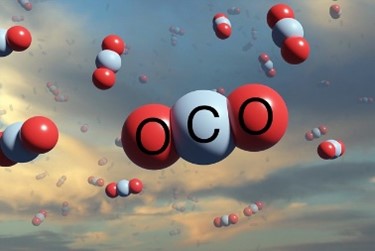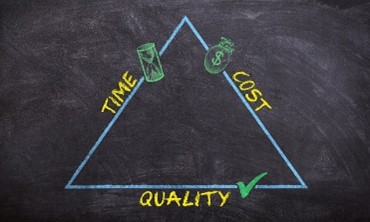Voor bedrijven die hun strategie willen herzien heeft Buck Consultants International een nieuwe aanpak ontwikkeld ‘DE-5' Proprietary Framework for Value Chain Management. Eén van de meest bekende financiële en economische media Bloomberg besteedt hier vandaag aandacht aan.
Lees hieronder het hele artikel, of via Bloomberg.com press-releases
Based on decades of data and thousands of data points, BCI Global's DE-5 framework is offered to multinational companies looking to improve their supply chains.
International management consulting firm BCI Global has announced its five-point ‘DE-5’ framework. The firm claims the framework will help businesses develop resilience and operate successfully in a climate characterized by volatility, uncertainty, complexity, and ambiguity.
The framework aims to reduce risk in five major areas linked to the operations of many multinational companies. While there are vast differences between various companies and industries, these five points guide BCI Global and its clients in working to ensure sustainable and resilient operations.
The first point in the framework is ‘De-coupling’ : Over the past six years, increasing trade tensions have led companies to decrease their exposure to certain regions. Although those regions remain important markets, their competitiveness as a global production hub has been decreasing due to rising costs of labor and a more difficult regulatory environment.
: Over the past six years, increasing trade tensions have led companies to decrease their exposure to certain regions. Although those regions remain important markets, their competitiveness as a global production hub has been decreasing due to rising costs of labor and a more difficult regulatory environment.
The second point in ‘De-5’ is ‘De-single sourcing’. This relates to the recent global economic disruption that has exposed the vulnerability of the world's supply chains, especially with the advent of the just-in-time manufacturing model. According to Rene Buck, BCI’s CEO, “there was a point during 2020 when the operations of more than 90% of automotive manufacturing plants in Europe were affected due to lockdowns. To address this, many companies are now looking to multi-source.”
Thirdly, the framework includes ‘De-risking supply chains’. Buck says “companies will look to de-risk their supply chains through more intensive inventory planning. This includes increasing the amount of inventory held, necessitating the need for more warehouse space. While this reduces risk, it also represents significant costs, such as having to set up new production and distribution operations or expand or consolidate. Other methods include demand forecasting by AI.”

The fourth point in the ‘De-5’ framework relates to ‘De-centralizing production’, which is sometimes known as reshoring, where production capacity is brought back to the market of origin, such as the US or Europe. However, Buck adds “There are more subtle ways of de-centralizing, such as maintaining the overseas production capacity but placing the additional capacity closer to home. Some multinationals with decentralized production have a plant in Central or Eastern Europe for the European markets, a plant in Mexico for North America, and a plant in Southeast Asia for Asian markets.
 Finally, the fifth pillar of the framework is ‘De-carbonization’. Businesses are looking to reduce carbon emissions due to international regulations and changing client expectations. According to Buck, “this dovetails with decentralization of production, as not having to ship products across long distances reduces carbon emissions. Having to retool production processes to comply with environmental regulations is a huge cost, so companies need to plan their course of action effectively to ensure that production is not impacted.”
Finally, the fifth pillar of the framework is ‘De-carbonization’. Businesses are looking to reduce carbon emissions due to international regulations and changing client expectations. According to Buck, “this dovetails with decentralization of production, as not having to ship products across long distances reduces carbon emissions. Having to retool production processes to comply with environmental regulations is a huge cost, so companies need to plan their course of action effectively to ensure that production is not impacted.”
BCI believes that developing and implementing a successful “De”-strategy requires an end-to-end value chain vision, including manufacturing footprint optimization and improved distribution network design. It also requires developing a scenario approach that allows various strategic options, current or new locations, and revenues/production volumes to be tested.
In order to assess footprint scenarios (manufacturing, distribution, carbon) BCI Global uses, alongside the “De-5” framework, a C4 assessment framework, which looks into Costs (including capital expenditures, operating expenditures, and transition costs), Customer impact, external Conditions (of the business environment & financial, legal and natural disaster risks), and Carbon.

“Having an outside consultant can help businesses by having an independent, knowledgeable source. We have only one interest, and that's providing the best solution for the client. We specialize in understanding what's going on in specific industry and geo-markets and translating those trends into scenarios that our clients understand. We assess them in a holistic way by looking into cost, customer impact, conditions, and carbon, so they can make the best possible decision,” Buck says.